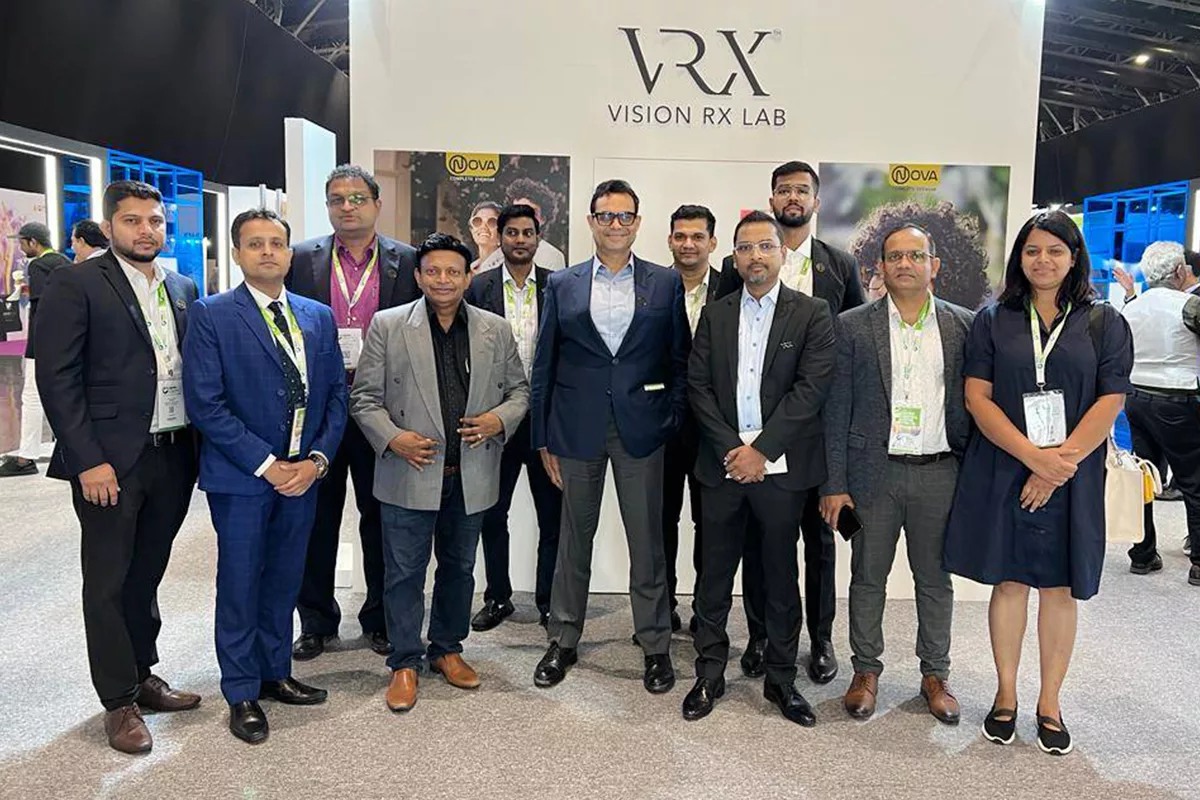A recent study conducted by Navi Mumbai-based Advanced Eye Hospital and Institute, on 3,581 schoolchildren highlights how 64% of the children surveyed have poor vision but did not wear glasses regularly as they were not pushed enough at home or their need for spectacles was overlooked.
 What made matters worse is that apathetic attitude of parents which could be pushing many children towards a life with permanently reduced vision.
What made matters worse is that apathetic attitude of parents which could be pushing many children towards a life with permanently reduced vision.
Previous studies to under vision issues among school children had pegged the incidence of poor vision at 2-7%. But this study conducted earlier this year, shows that refractive errors, like near and far sightedness accounted for 96% of low-vision cases. About 5% of the children were also diagnosed with serious vision issues bordering on blindness. The findings of the study are based on screening programmes carried out in five leading schools of the satellite city.
Surprisingly, children in the age bracket of 3-4 years had the highest incidence of diminished vision (37%). This age group was also the most neglected as in almost 100% of the cases, their parents were not bothered about the child not using glasses regularly. This group was also the least aware about eye problems, and in the absence of parental awareness, most likely to live with them for the next few years.
With progressing age of a child, apathy and ignorance of parents comes down—dropping from 73% in the 5-8 age group to 70% in the 9-12 age group. For teenagers, parental apathy drops to 52%, hinting that either the children were aware about expressing their problems or were simply taken more seriously.
The effects of longstanding uncorrected vision problems could be catastrophic, said Dr Vandana Jain, cornea and refractive surgeon, and principal investigator of the study. “The first 11 years in the life of a child are crucial for the development of the eye. If measures are not taken to correct refractive errors, the child may suffer from permanent reduction of vision.” She said many parents bring children to ophthalmologists, thinking they made excuses to avoid studies. “Ideally, parents should be insisting on an eye checkup just like they stress on vaccination, nutrition or co-curricular activities.”
But, there are no clear answers as to what could have caused such a massive shift in the incidence of pediatric eye problems. “There are no studies to directly correlate the increased use of gadgets or the continuous use of near vision for such devices to increasing refractive errors, but their role cannot be overlooked,” said Jain.












